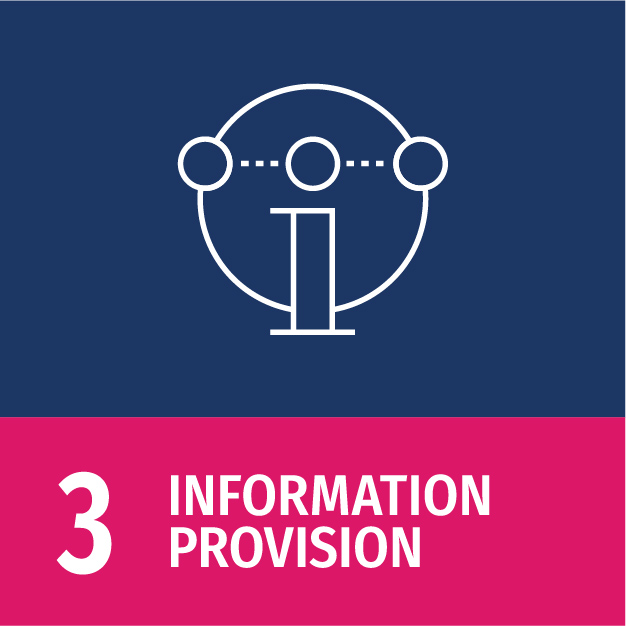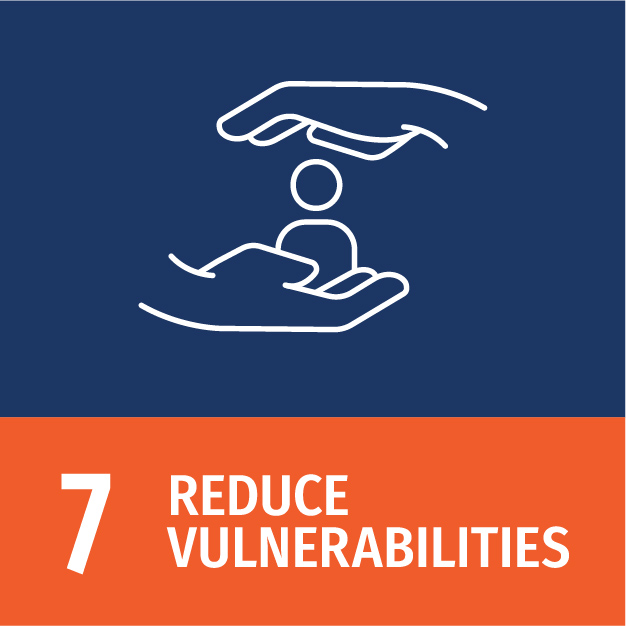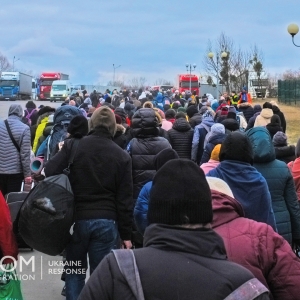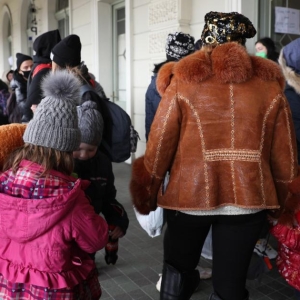
“Project Jetson”: An experiment for predicting movements of displaced people in Somalia using machine learning
Summary
Jetson is an experimental project launched by UNHCR’s Innovation Service in 2017 to better understand how data can be used to predict movements of people in Sub-Saharan Africa, particularly in the Horn of Africa. The project combines data science, statistical processes, design-thinking techniques, and qualitative research methods. It actively seeks new data sources, new narratives, and new collaborations in order to keep iterating, and improving.
Results
Jetson initially focused on understanding the catalysts that cause people to flee their homes in Somalia. Extensive field research resulted in the definition of ten key variables of forced displacement, such as commodity market prices, rainfall, and violent conflicts. Supported by machine learning, these variables inform an index that allows for short-term predictions of expected migration flows out of Somalia. To fulfil its mission, Jetson works in collaboration with partners such as the World Meteorological Organization, the Met Office in the UK, academia, and other UN institutions such as UN Global Pulse. Overall, Project Jetson demonstrates an innovative use of machine learning in the context of forced migration movements: It runs short-term predictions more efficiently, at a higher frequency, and at lower costs than traditional calculations. Potentially, the project can be replicated to other contexts that currently are regions of frequent forced migration out-flows.
(Image: © Moons for Noun Project)





